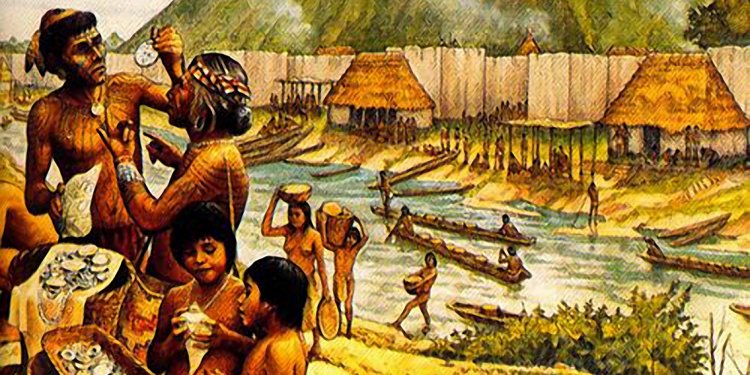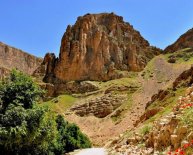
First people
This website is made to simply help teachers in British Columbia know how they could incorporate the initial Peoples Principles of Learning (FPPL) in their classrooms and schools. Some teachers notice the maxims reflect what they currently think, and tend to be doing in their schools and classrooms. Other educators will see concepts embedded in the principles that challenge some of the post-industrial Euro-centric beliefs about education. In any event, this web site isn't intended to be an extensive research of First Peoples (or Aboriginal) training. Its instead, a beginning (or continuation) of a conversation.
While it is essential to be able to demonstrably articulate the nature of each concept to realize its implications for our classrooms and schools, its grasped that a built-in interconnectedness is out there between all maxims. As they tend to be explained discretely, they work in collaboration with both in an robust and healthier understanding environment and education system.
What is very important to learn?
Generating training and learning surroundings that mirror the FPPL has as much related to an educator’s philosophy about knowledge, and disposition, because it is due to curricular content. The personality includes determination, value, and curiosity.
The FPPL are not a couple of session or device programs. This is challenging for educators just who look for an instant or easy way to integrate them into our schools and classrooms. Many educators that enthusiastic about including more First Peoples’ content to their schools and classrooms, or who such as the FPPL reflected in their classrooms might aspire to experience an in depth directory of criteria and specific content to complement up with grades and/or subject matter. This demand is clear; however, it would in fact oppose one of many fundamentals of FPPL, which will be that framework is paramount. Alternatively, a-deep comprehension of the FPPL is very first required, which understanding can then be employed to guide teachers’ alternatives about what is very important to master, and what kinds of mastering experiences to create for, in accordance with, students in contexts the learners and teachers have been in. This may range from place to location, and neighborhood of learners to community of students.

















